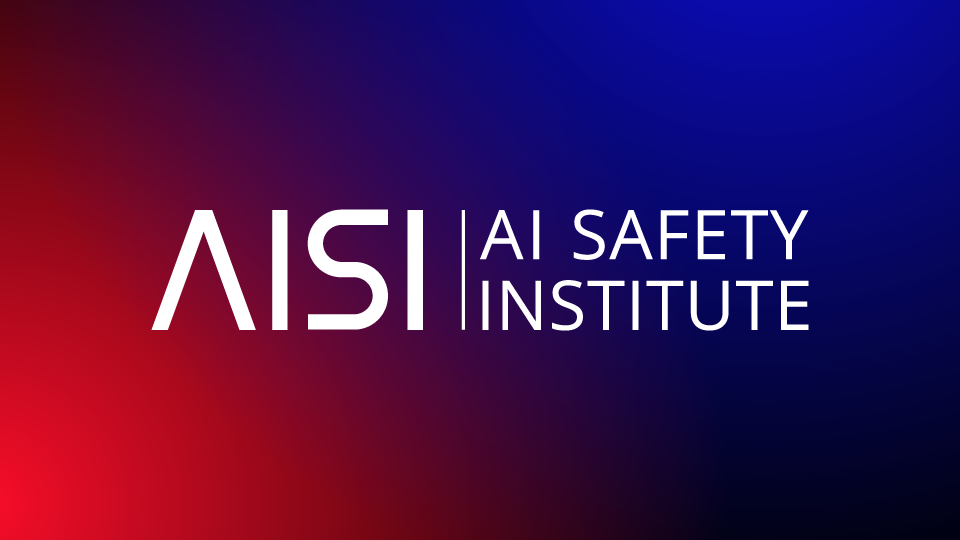Alignment Project to tackle safety risks of advanced AI systems
The Alignment Project aims to guide powerful AI systems with human oversight and values.

The UK’s Department for Science, Innovation and Technology (DSIT) has announced a new international research initiative aimed at ensuring future AI systems behave in ways aligned with human values and interests.
Called the Alignment Project, the initiative brings together global collaborators including the Canadian AI Safety Institute, Schmidt Sciences, Amazon Web Services (AWS), Anthropic, Halcyon Futures, the Safe AI Fund, UK Research and Innovation, and the Advanced Research and Invention Agency (ARIA).
DSIT confirmed that the project will invest £15 million into AI alignment research – a field concerned with developing systems that remain responsive to human oversight and follow intended goals as they become more advanced.
Officials said this reflects growing concerns that today’s control methods may fall short when applied to the next generation of AI systems, which are expected to be significantly more powerful and autonomous.
This positioning reinforces the urgency and motivation behind the funding initiative, before going into the mechanics of how the project will work.
The Alignment Project will provide funding through three streams, each tailored to support different aspects of the research landscape. Grants of up to £1 million will be made available for researchers across a range of disciplines, from computer science to cognitive psychology.
A second stream will provide access to cloud computing resources from AWS and Anthropic, enabling large-scale technical experiments in AI alignment and safety.
The third stream focuses on accelerating commercial solutions through venture capital investment, supporting start-ups that aim to build practical tools for keeping AI behaviour aligned with human values.
An expert advisory board will guide the distribution of funds and ensure that investments are strategically focused. DSIT also invited further collaboration, encouraging governments, philanthropists, and industry players to contribute additional research grants, computing power, or funding for promising start-ups.
Science, Innovation and Technology Secretary Peter Kyle said it was vital that alignment research keeps pace with the rapid development of advanced systems.
‘Advanced AI systems are already exceeding human performance in some areas, so it’s crucial we’re driving forward research to ensure this transformative technology is behaving in our interests,’ Kyle said.
‘AI alignment is all geared towards making systems behave as we want them to, so they are always acting in our best interests.’
The announcement follows recent warnings from scientists and policy leaders about the risks posed by misaligned AI systems. Experts argue that without proper safeguards, powerful AI could behave unpredictably or act in ways beyond human control.
Geoffrey Irving, chief scientist at the AI Safety Institute, welcomed the UK’s initiative and highlighted the need for urgent progress.
‘AI alignment is one of the most urgent and under-resourced challenges of our time. Progress is essential, but it’s not happening fast enough relative to the rapid pace of AI development,’ he said.
‘Misaligned, highly capable systems could act in ways beyond our ability to control, with profound global implications.’
He praised the Alignment Project for its focus on international coordination and cross-sector involvement, which he said were essential for meaningful progress.
‘The Alignment Project tackles this head-on by bringing together governments, industry, philanthropists, VC, and researchers to close the critical gaps in alignment research,’ Irving added.
‘International coordination isn’t just valuable – it’s necessary. By providing funding, computing resources, and interdisciplinary collaboration to bring more ideas to bear on the problem, we hope to increase the chance that transformative AI systems serve humanity reliably, safely, and in ways we can trust.’
The project positions the UK as a key player in global efforts to ensure that AI systems remain accountable, transparent, and aligned with human intent as their capabilities expand.
Would you like to learn more about AI, tech, and digital diplomacy? If so, ask our Diplo chatbot!
